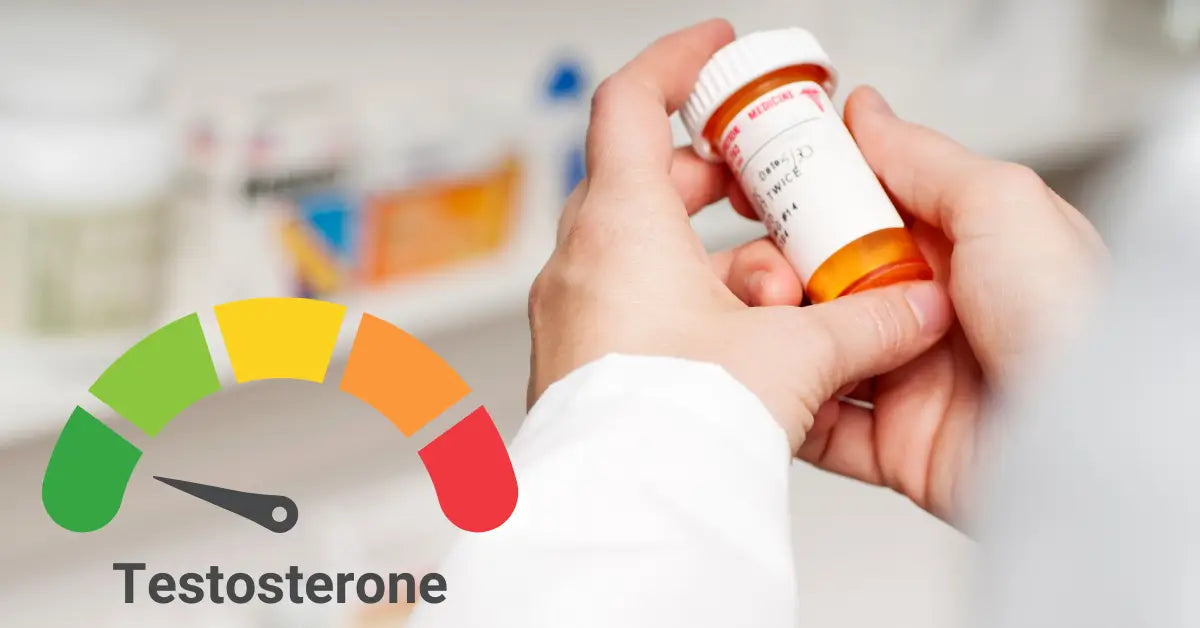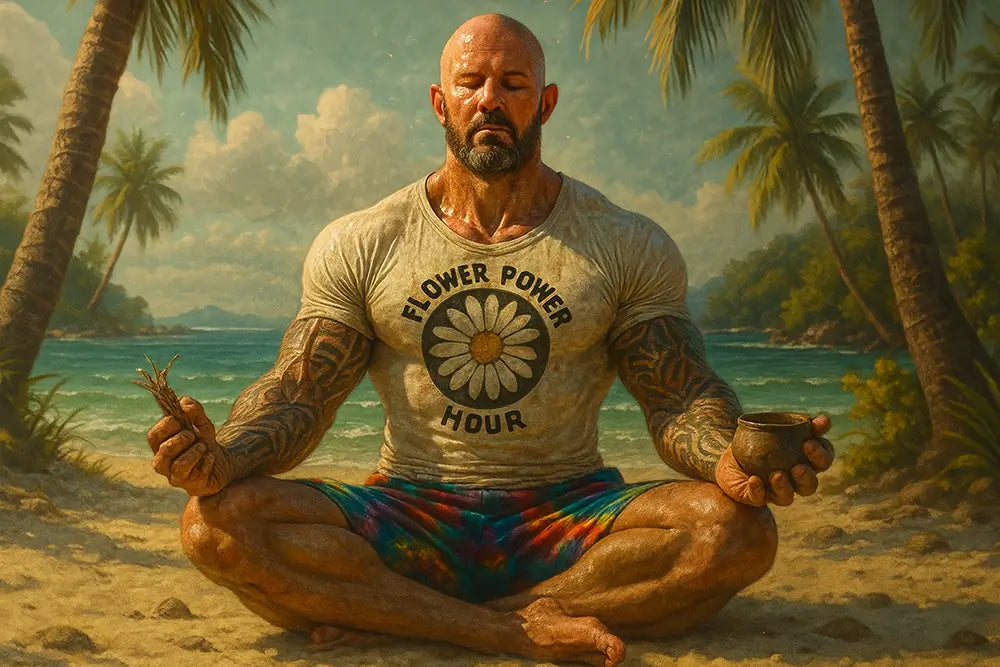Recent studies have shed some light on drugs’ effects on testosterone. They offer some insights into many ways where current lifestyles are playing a role in the rapid low testosterone levels. It is happening globally across all age groups.
Whilst many of the below drugs are vital for many men, they are all known to have a side effect of negatively impacting testosterone levels as a side effect of certain prescription medications. Prolonged use of these medications may cause testosterone deficiency.
This will vary from person to person and any men, who may be taking any of the prescription medications listed should categorically not stop taking the medication because of this.
Be sure to check with your GP / DR before making any changes to your medical protocol.
ANTIDEPRESSANTS (Common Drug Behind Low Testosterone)
Hormones and mood are closely linked. These medications can cause a shift in hormone levels, specifically testosterone. They can also lower libido / sex drive.
STATINS
Statins are commonly prescribed to lower cholesterol when levels are elevated. They are also the most prescribed drug in the UK. A function of cholesterol is to make the sex hormones of testosterone, oestrogen, and progesterone. Since cholesterol is a naturally occurring component of sex hormones in males, lowering cholesterol levels with a statin ultimately can lead to low testosterone levels as well. More research is needed to investigate the full effects statins may have.
BETA BLOCKERS
Hypertension Most commonly used to control high blood pressure, these meds can lower testosterone levels. Elder men whose levels are dropping naturally due to age, need to pay attention to this if taking this type of meds.
Beta Blockers can cause testosterone deficiency and can also lead to erectile dysfunction.
OPIOIDS
Pain relievers like morphine, codeine, hydrocodone (Vicodin), and oxycodone. These popular pain meds often prescribed post-surgery, after an injury, for chronic pain, or any other type of serious discomfort can cause lowered testosterone levels, especially when taken long term.
Opioids are classified as short-acting or long-acting. The most common are short-acting release meds quickly and are usually taken every 4-6 hours. Long-acting opioids release medication slowly and are generally taken every eight to twelve hours.
A recent study published in The Clinical Journal of Pain examined the relationship between opioid length of action and low testosterone. In a group of 81 men, 74% of the participants who took long-acting opioids had low testosterone. For men who took short-acting opioids, the rate was 34%.
TRT (Popular Reason For Low Testosterone Nowadays)
Finally, it’s worth noting that TRT (Testosterone Replacement Therapy) replaces your testosterone - synthetically - and is a life long treatment that rarely looks at underlying cause (there is no intention to fix what’s driving it - simply replace it long term). There are side effects including stopping sperm production - leaving men infertile whilst on it unless you take further prescription drugs. In 5% of the cases this is irreversible.
The longer you've been taking TRT, the longer it will take your body to make testosterone naturally as / when you can come off it. It also won’t prevent further decreases which will continue to be driven by what was preventing your body working optimally in the first place (only 5% of low T has a medical reason - the rest are lifestyle related).
It is also important to note that 80% of men on TRT come off after 1 year due to unpleasant side effects. Leaving you further behind where you were and possibly rather out of pocket.
CONCLUSION
Don’t stop taking any meds you have been prescribed. However it is worth addressing any concerns this is having on your hormonal health with your DR.






Share:
5 Proven ways to boost your testosterone naturally.
Our Top 10 Testosterone boosting super foods.